As any pet owner will tell you, there’s no such thing as a “perfect” pet. However, that doesn’t mean that there isn’t a pet out there who will be perfect for you! The key to finding your ideal furry (or scaly) friend is to take the time to do your research and ask yourself some important questions. Here’s a list of things to consider when you’re on the hunt for the purr-fect pet.
What kind of animal are you looking for?
This is probably the most important question to ask yourself when you’re considering adding a new pet to your family. Do you want a dog, cat, reptile, bird, or something else entirely? Once you’ve decided on the type of animal you’re interested in, you can start narrowing down your options.
If you want a dog:

• What size dog do you want? Small, medium, or large?
• What breed(s) are you considering?
• Do you want a purebred or mixed breed dog?
• Where will you get your dog? A breeder, shelter, or rescue organization?
If you want a cat:

• What breed(s) are you considering?
• Do you want a purebred or mixed breed cat?
• Where will you get your cat? A breeder, shelter, or rescue organization?
If you want a reptile:
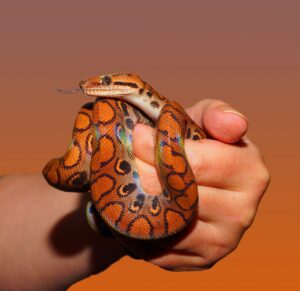
• What type of reptile are you interested in? A snake, lizard, turtle, etc.?
• What size reptile do you want? Small, medium, or large?
• Where will you get your reptile? A pet store or breeder?
If you want a bird:

• What type of bird are you interested in? A parakeet, cockatiel, macaw, etc.?
• What size bird do you want? Small, medium, or large?
• Where will you get your bird? A pet store or breeder? Once you’ve decided on the type of animal and general characteristics that interest you, it’s time to start thinking about how that animal will fit into your lifestyle. For example:
How much space do I have for a pet? Dogs and cats need access to both indoor and outdoor spaces. reptiles and birds can usually be kept in smaller spaces since they don’t require as much exercise as dogs and cats.
How much time am I willing to spend caring for my pet each day/week/month? All pets require some amount of daily care but some (like dogs and reptiles) require more time than others (like cats and birds). It’s important to be realistic about how much time and energy you’re willing to put into caring for your new pet.
Can I afford the upfront and ongoing costs associated with owning this type of animal (e.g., food, housing/cage/aquarium, vet bills)?
Depending on the type of animal you’re considering, the costs associated with ownership can vary widely. For example, reptiles generally have lower veterinary bills than dogs but their diet may be more expensive. It’s important to factor in all of the potential costs before making a final decision. Once you’ve considered all of these factors and done your research on different types of animals that fit your lifestyle and needs, it’s time to visit shelters or breeders (or both!) to meet potential candidates in person.
This is an important step because it gives you an opportunity to see how an animal responds to being around people and other animals and observe their overall temperament. It also allows rescues and shelters to get to know YOU so they can better match animals in their care with adopters who are ready and able to provide them with lifelong homes. With all of this information in hand—plus guidance from experts at shelters and breeders—you’ll be well on your way to finding the purr-fect pet for YOU!

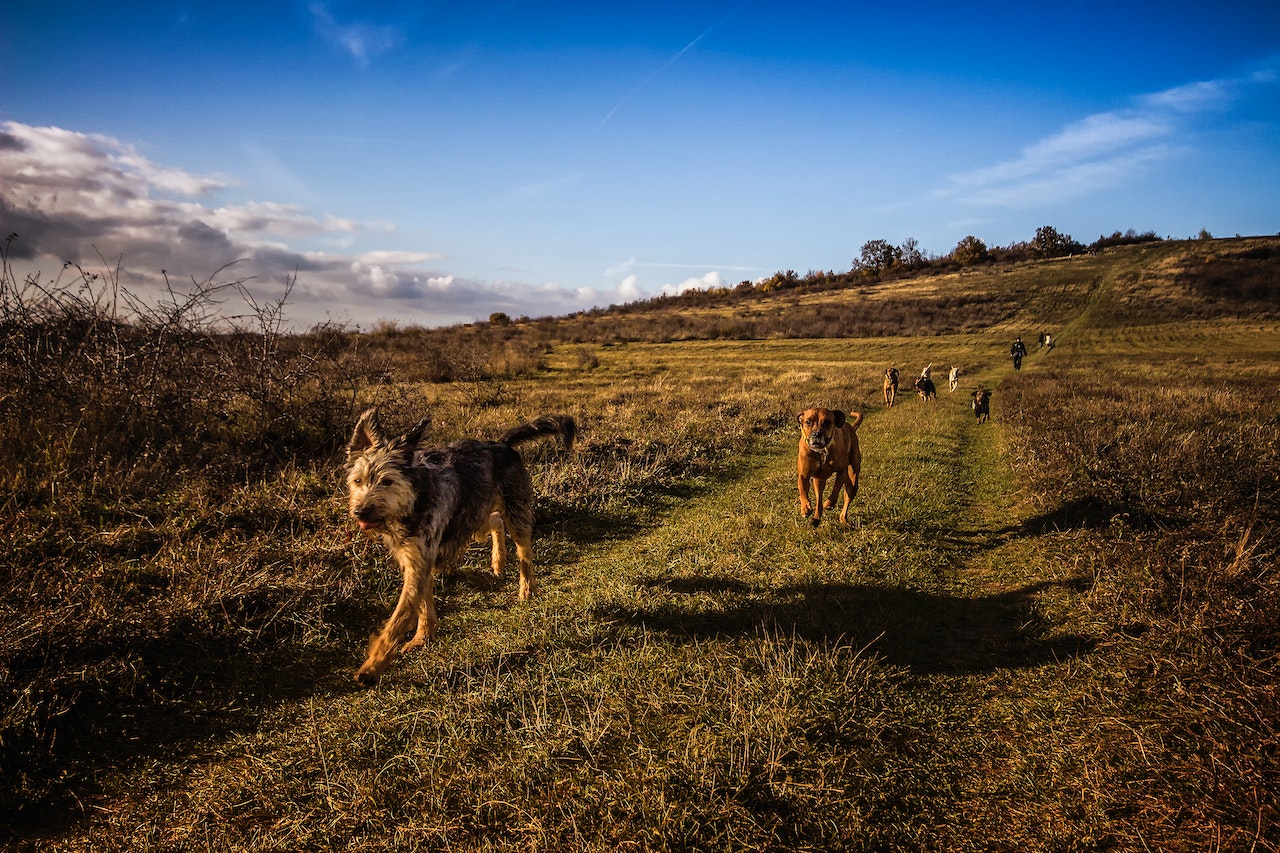
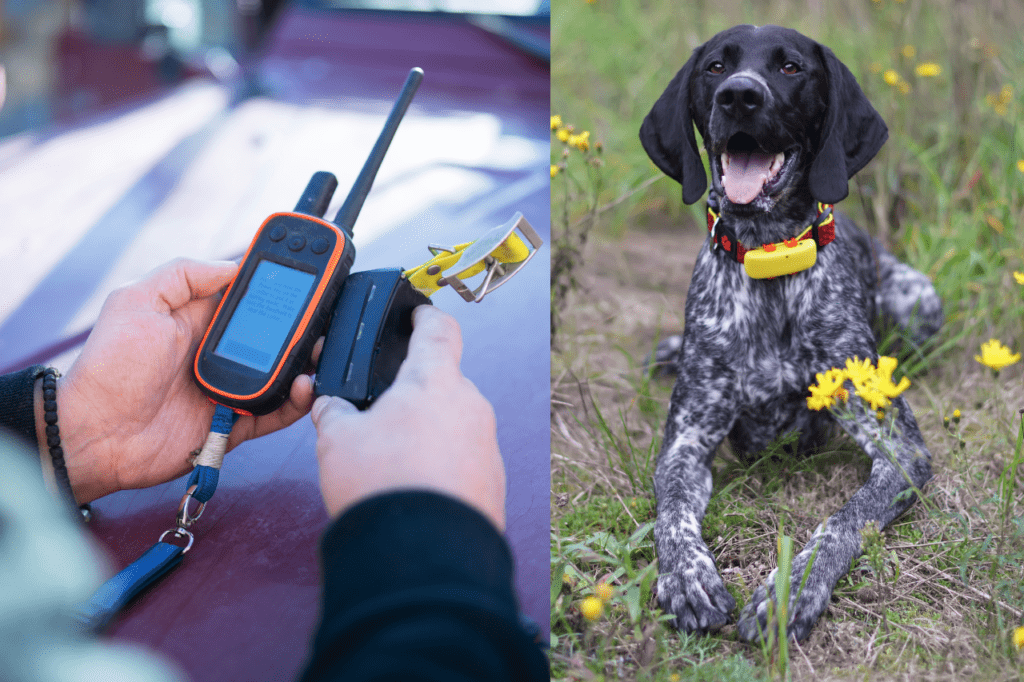
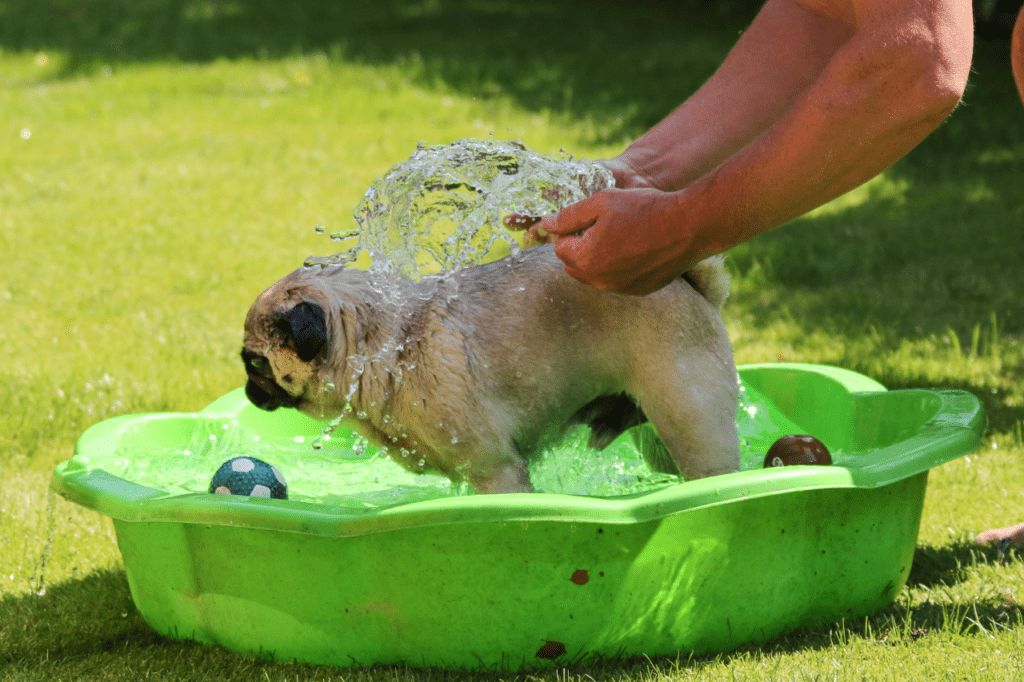
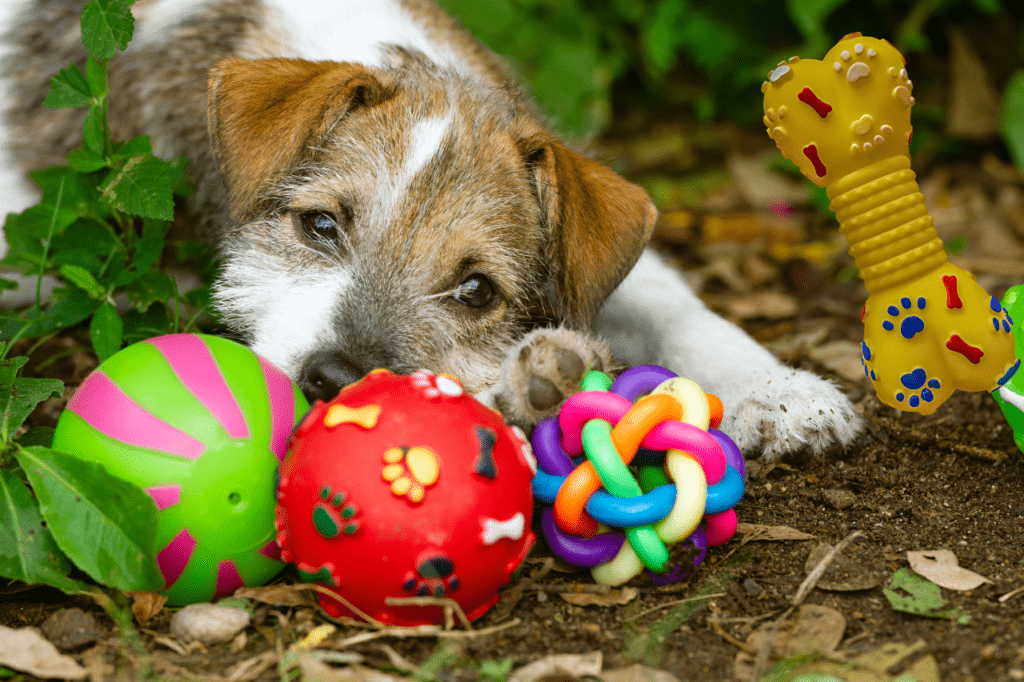
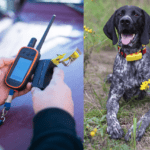




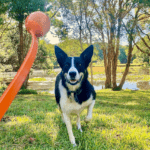
Recent Comments